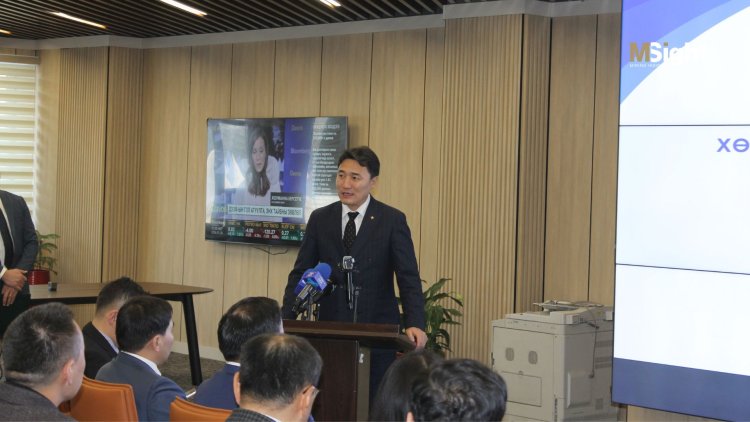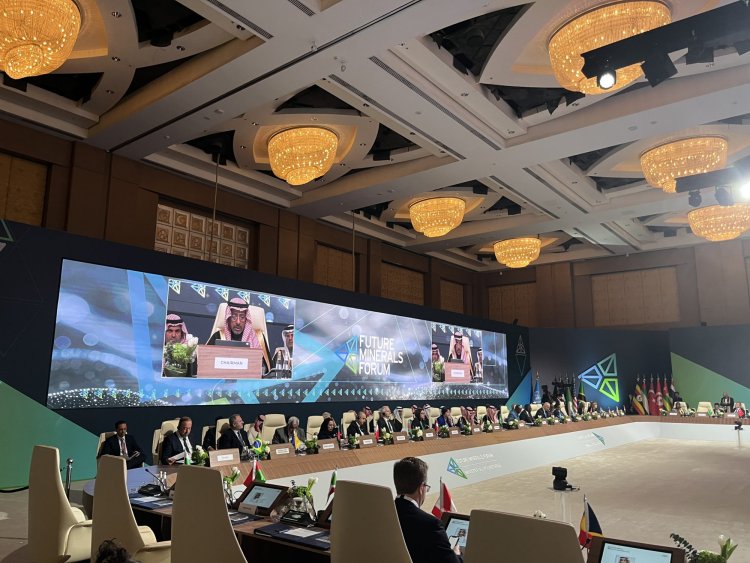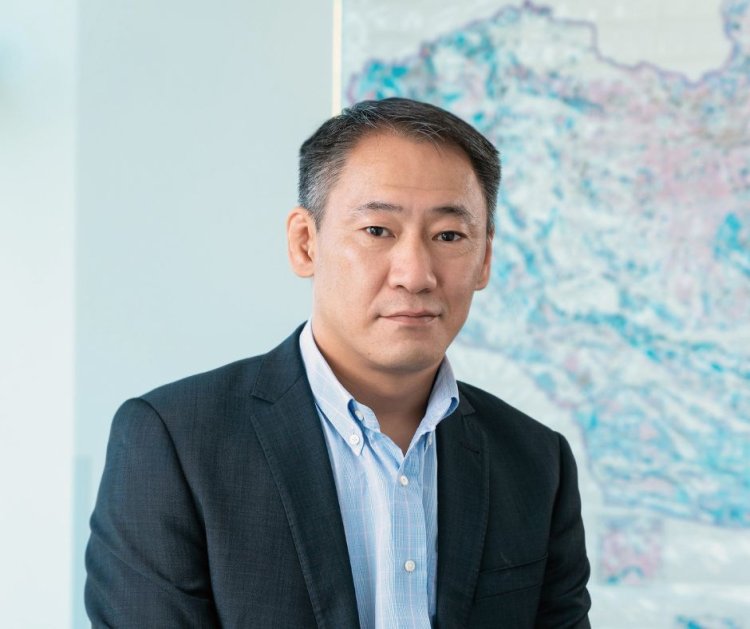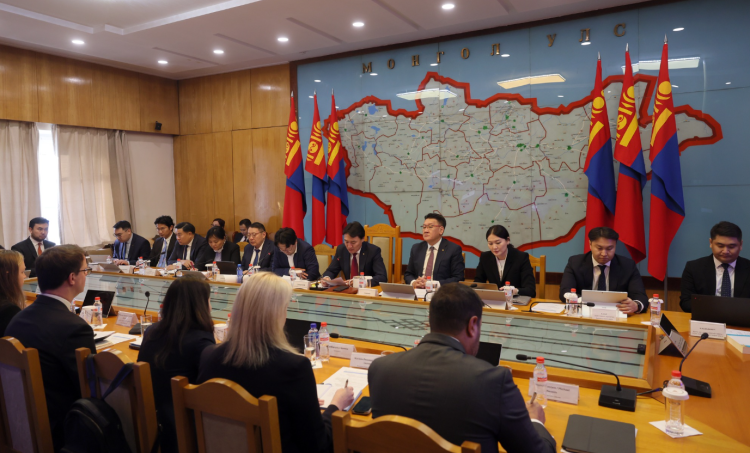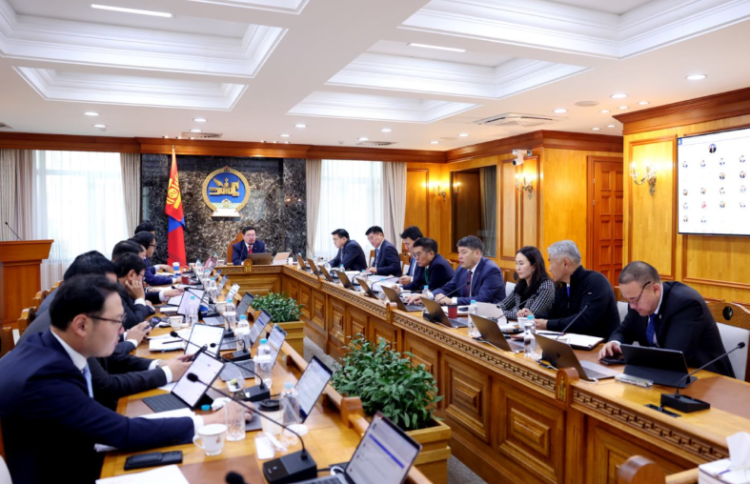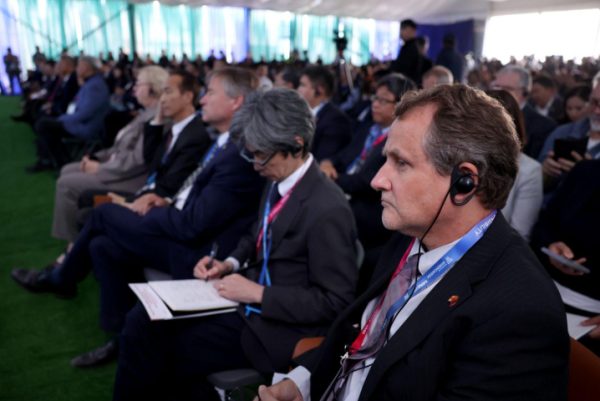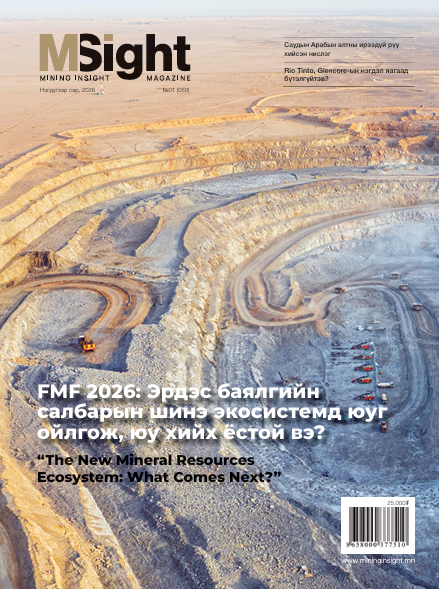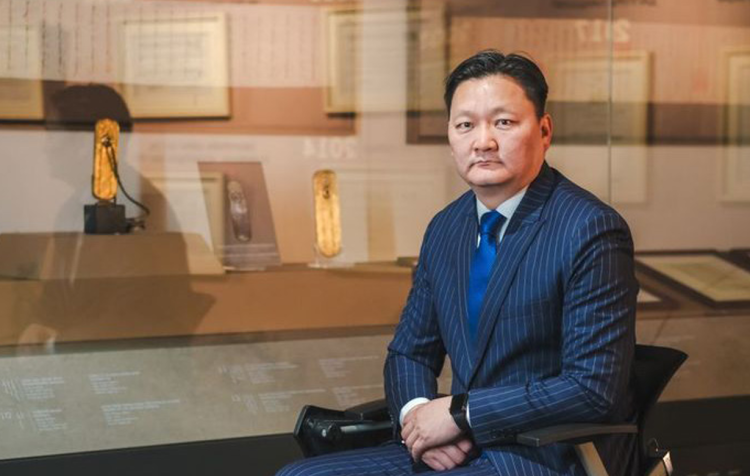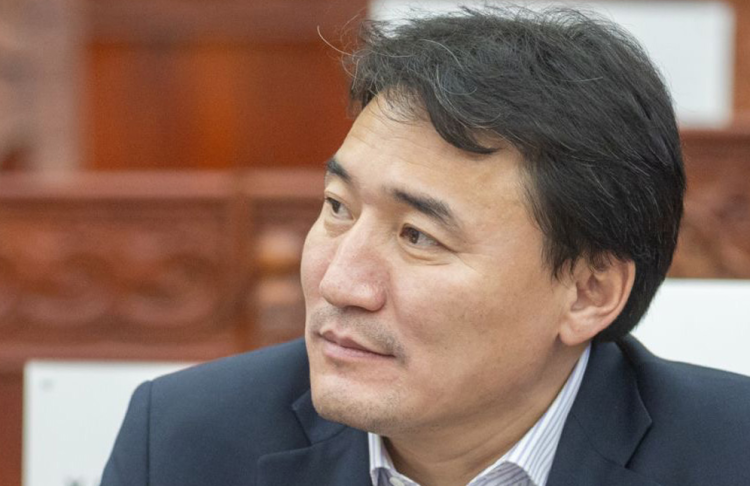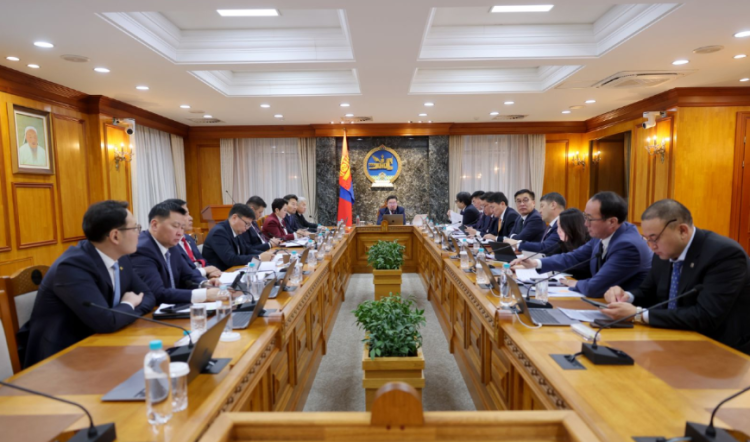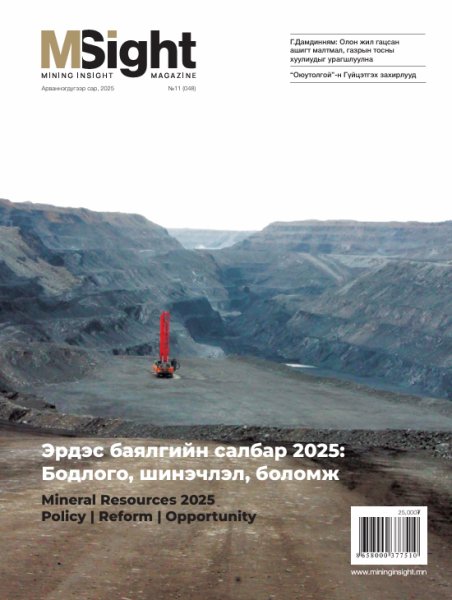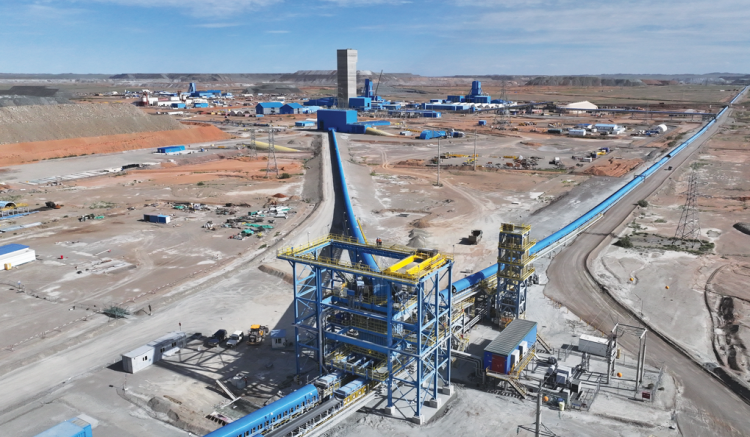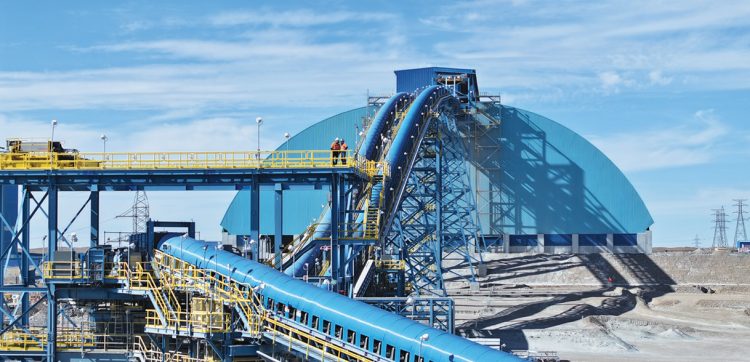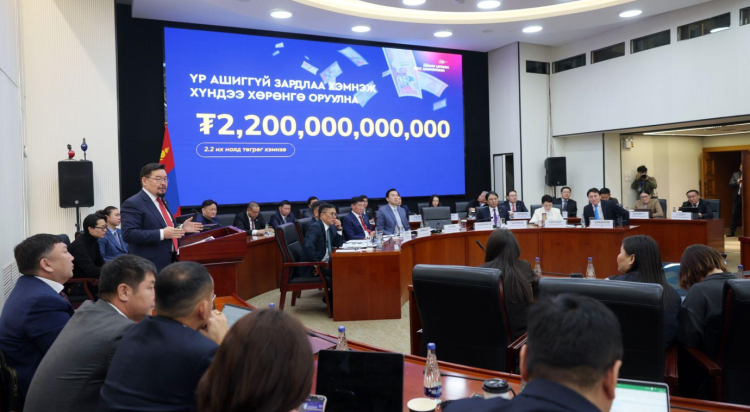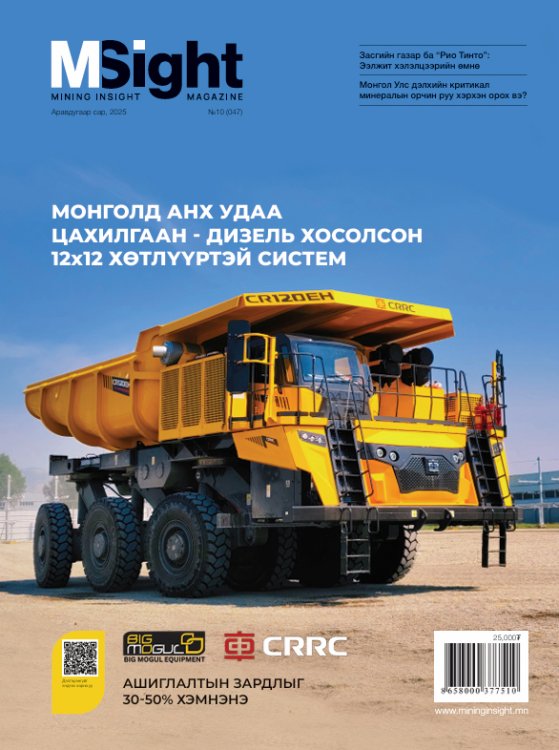- 78% of Well-Informed Local Residents Support Responsible Mining -
BOLD-ERDENE.S
bold@mininginsight.mn
In the past year, the government has made three different decisions regarding mining and energy projects that have a significant impact on local communities. These decisions have unfolded in different ways, reflecting the varying dynamics and challenges associated with these projects. The Erdeneburen HPP project in Khovd province initially faced opposition from residents. However, efforts were made to address their concerns through compensation, and as a result, the construction of the project was expedited. Conversely, the coal project led by "Erdenes Bayanbogd" LLC in Dornogovi Province, known as the "Sumiyabazar mine," encountered strong opposition from the local populace, leading to the cessation of the project. The third project, involving rare earth elements and spearheaded by Bald Eagle in Khovd province, will hinge on the local community's opinion for its final determination. These three projects differ in their economic significance and community dynamics. In such instances, it becomes evident that the government's decisions are often framed as being influenced by the "opinion of local citizens," either for political considerations or based on discretion.

Given this backdrop, a pertinent question arises: Should mining operations in Mongolia necessitate permission from local communities? For investors and companies looking to actively engage in the mining sector, there is growing uncertainty regarding whether they should seek endorsement from the government or local communities. In reality, Mongolian law does not explicitly stipulate whether local communities must grant permission for mining projects. Nonetheless, it is imperative for mining ventures to actively seek local support by engaging with the community, and management, and presenting their project activities transparently. This practice aligns with international standards observed in mining operations around the world. Ernst & Young's annual "Top 10 Mining Business Risks" report highlights the pressing challenges confronting the global mining industry. Notably, over the past three years, the categories of "Social license" and "ESG" have consistently occupied the top positions in this list. This trend underscores the growing importance of mining companies to prioritize these aspects. To address these critical issues, Mining Insight magazine collaborated with the Mongolian Council for Sustainable Development and Social Responsibility on a project aimed at enhancing local relations and cooperation within the mining industry.
This initiative was conducted in three administrative soums across three provinces, as part of the broader "Increasing the value and return of the mineral resources sector" project implemented under the AMEP program. Within the scope of this project, comprehensive surveys were conducted, and an informative session was organized to gauge the perspectives of residents regarding mining activities and identify areas where companies should focus their attention. The findings from two surveys indicate that local communities are keen to support responsible mining and actively engage with mining companies if they are provided with accurate and impartial information. The project was carried out in the regions of Buregkhangai in Bulgan Province, Altanshiree in Dornogovi Province, and Khuld Soum in Dundgovi Province. By involving more than 600 local citizens and around 30 companies, the project aimed to yield substantial research outcomes and enhance its impact. Central to the project's execution was the establishment of stable relationships founded on mutual trust, transparent communication, and shared interests among residents, government administrative bodies, civil society organizations, and other stakeholders in the selected areas. The overarching objective was to elevate awareness and comprehension while fostering improved communication within the mining industry. The research conducted by the project team has revealed significant deficiencies in open communication and mutual understanding between licensed companies and local citizens. There is a pressing need to provide accurate information to the local population and acquaint them with the fields of geology and mining.
A critical factor undermining people's trust in mining activities is the dearth of information available to them. However, the research findings underscore that companies have not adequately prioritized addressing this issue. Upon analyzing the responses gathered through questionnaires from both local government officials and residents, several recurring issues came to the forefront. Most notably, respondents expressed concerns about companies' failure to disseminate information, maintaining a closed stance, conflicts between companies and artisanal miners, noncompliance with contractual agreements with the local administrative bodies, and perceived lack of benefits for the local community stemming from mining operations. It became evident that companies ack professional strategies, recommendations, and guidelines for collaborating with local communities. Additionally, they face challenges in building a positive industry reputation and garnering social support. Furthermore, requesting substantial sums of money from local communities without a comprehensive budget plan, along with conflicting interests between citizens, local authorities, and support for local businesses, exacerbates the problem. The recurring issue of limited local job creation capacity represents the core challenge in the relationship between mining companies and the local administration and citizens. In light of the initial research findings, we organized an informative session in collaboration with the Soum Office in the three aforementioned soums. Following this event, a follow-up survey was conducted, and the results demonstrated a significant shift in perceptions.
It is worth noting that approximately 200 citizens from each soum actively participated in this initiative. One noteworthy response from the previous research deserves attention. In the initial survey, 44 percent of the participants indicated their support for responsible mining, while 30 percent expressed a lack of support. However, after the informative session, 73 percent of the citizens declared their support, with only 10 percent opposing it. This underscores the notion that residents often lack accurate information about mining, and their opinions are subject to change when provided with factual insights. Historically, the government, its affiliated ministries and agencies, local authorities, citizens, and mining companies have engaged in finger-pointing and assigning blame.
Companies often assume that once they receive government permits and pay taxes, it becomes the government's responsibility to resolve local issues. Conversely, the government expects companies and local authorities to manage such matters independently. While residents do not necessarily side with mining companies due to concerns about legality and environmental impacts, local authorities adeptly leverage these conflicts to their advantage, often seeking resolutions that align with their interests. Consequently, geological exploration and mining firms would be wise to place significant emphasis on fostering positive local relationships and mitigating potential future business risks. The issue of local relations cannot be entirely resolved by government bodies or individual governors. The experiences of major companies that prioritize their local relationships, as well as instances where licenses have been revoked or operations shut down, serve as stark reminders of this reality. The growing likelihood of substantial financial losses resulting from unforeseen consequences of local disapproval underscores the importance of proactive engagement for miners and investors. To avoid such predicaments, mining stakeholders must prioritize building positive local relationships and ensuring that they possess a solid foundation of mining knowledge and information.




